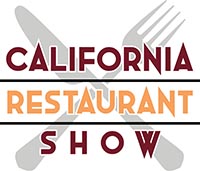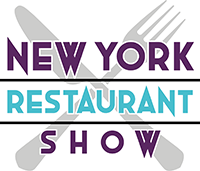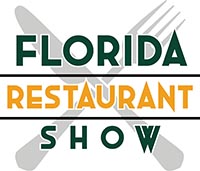The ECEP Mid-Year Trends Report identifies meaningful shifts in hospitality expected to stand the test of time
By Liese Gardner
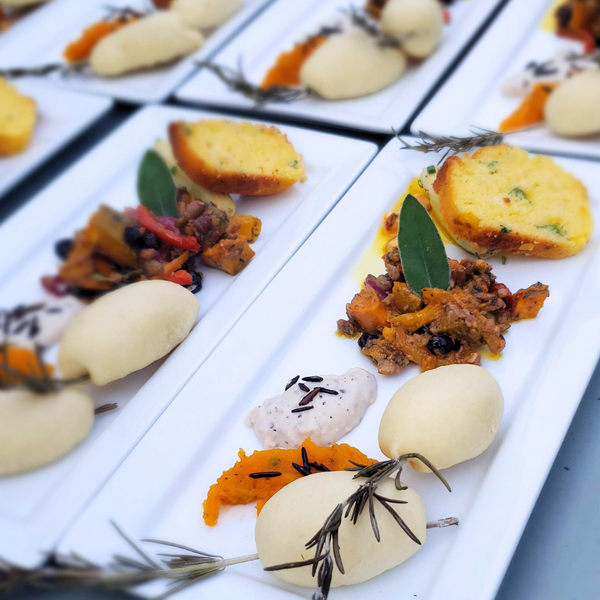
In today’s dynamic hospitality landscape, trends come and go like the seasons. However, some developments transcend short-lived fads, shaping the industry’s future in profound ways. Released this June, the ECEP Trends Report identifies pivotal shifts in environmental, cultural, design and culinary excellence that are set to redefine hospitality standards.
ECEP (Elite Catering + Event Professionals) brings together leaders from the world’s foremost catering and hospitality organizations. This year, under the guidance of ECEP President Michael Stavros, partner at M Culinary Concepts in Phoenix, the ECEP Trends Council has pinpointed enduring trends that promise to leave a lasting impact.
Comprising top industry professionals—including Holly Safford, owner of The Catered Affair in Boston; Bridget Bitza, chief revenue officer at Butler’s Pantry in St. Louis; and Kashif Browne, executive chef at Ridgewells Catering in Washington, D.C.—the council has highlighted the following six shifts.
Heritage Cuisine: Preserving Culinary Traditions
UNESCO (United Nations Educational, Scientific and Cultural Organization) is renowned for safeguarding global cultural and historical treasures. Less recognized is its role in preserving elements of natural heritage, including food and eating rituals.
Currently, UNESCO recognizes French and Mexican cuisines, notably Michoacán’s culinary traditions. The organization recently expanded its scope to include dishes and dining customs as Intangible Cultural Heritage. Notably trending are additions such as Chinese tea, harissa and Ukrainian borscht.
Looking ahead, the ECEP Trends Council underscores the significance of heritage cuisine. “The future of food often lies in our culinary past,” notes Ridgewells’ Browne. “As the world shrinks and our appreciation for cultural diversity grows, integrating heritage cuisine into catering menus will continue to rise.”
Indeed, firms like Cedar Spoon in Ontario exemplify this trend. Founded by Bingemans Catering in 2022 and led by Chef Destiny Moser—a First Nations Ojibway from Rainy River—Cedar Spoon champions Canada’s indigenous culinary heritage. Embracing heritage cuisine not only celebrates cultural richness but also meets a burgeoning demand for authentic gastronomic experiences.
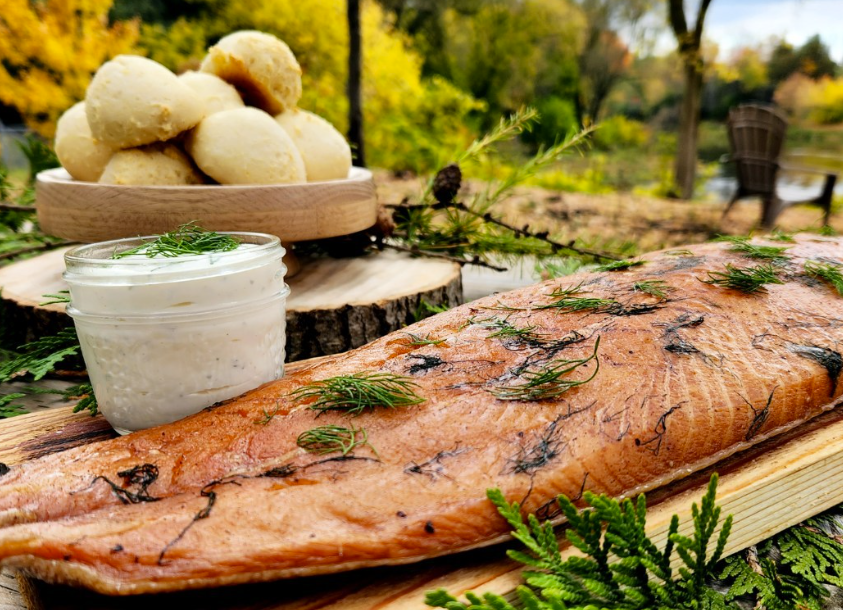
Mushrooms Go Mainstream
Renee Loux, a plant-based chef, author, advisor and founder of Clean Food + Smart Living, shared insights at the Annual ECEP Symposium in Charleston, South Carolina, where she highlighted the rising prominence of plant-based foods in catering and events. According to Loux, this trend, especially the incorporation of mushrooms, is set to make a lasting impact.
Loux spotlighted standout brands from the Natural Products Expo 2024, a key indicator of emerging cuisine trends. Noteworthy mentions include MyForest Foods, celebrated for its innovative vegan bacon; Meati Foods, recognized for its mushroom-rooted steaks and chicken cuts endorsed by Sweetgreen and Momofuku; and OmniFoods, acclaimed for its “Lion’s Mane” mushroom steak, heralded as a pioneer in fungal culinary innovation.
Illustrating the trend’s mainstream adoption, 24 Carrots Catering and Events in Costa Mesa, California, features three mushroom-centric dishes: Mushroom Sope, Open-Faced Wild Mushroom Ravioli with Herb Froth and Chiffonade Basil, and Wok-Fried Wild Mushroom and Chive Bao.
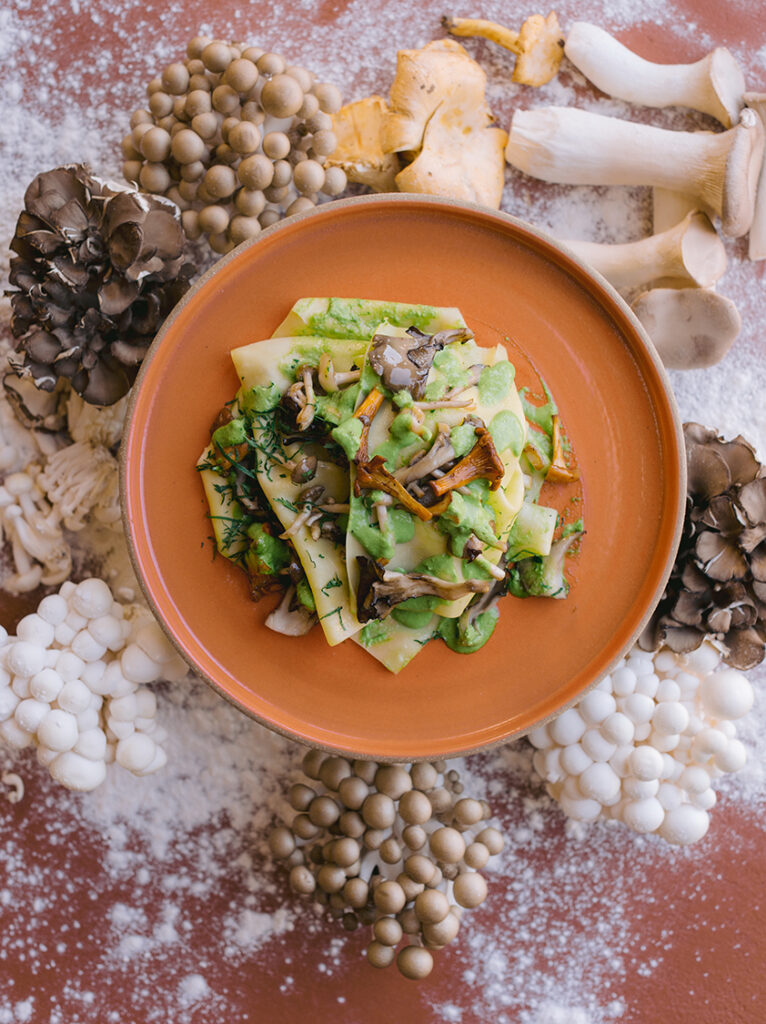
In Our Sober-Curious Era: Crafting Zero-Proof Cocktails
The “sober curious” movement has proven more than a passing trend, signaling a profound shift in attitudes toward alcohol and emphasizing mindfulness over complete abstinence. This evolution has prompted bartenders to innovate, producing meticulously crafted zero-proof cocktails that rival their alcoholic counterparts in complexity and appeal.
“We’re not only featuring signature mocktails at our bar service but also dedicating entire bars to them at events,” shares The Catered Affair’s Safford. Bartenders are leveraging a variety of elegant non-alcoholic spirits such as Seedlip Citrus, Ritual Zero-Proof and Wilderton Bittersweet Aperitivo to craft unique drinks.
“Mocktails now boast intricate flavor profiles and mirror the premium ingredients of traditional cocktails,” adds Bitza of Butler’s Pantry. “Guests appreciate the craftsmanship and are willing to invest in this elevated experience.”
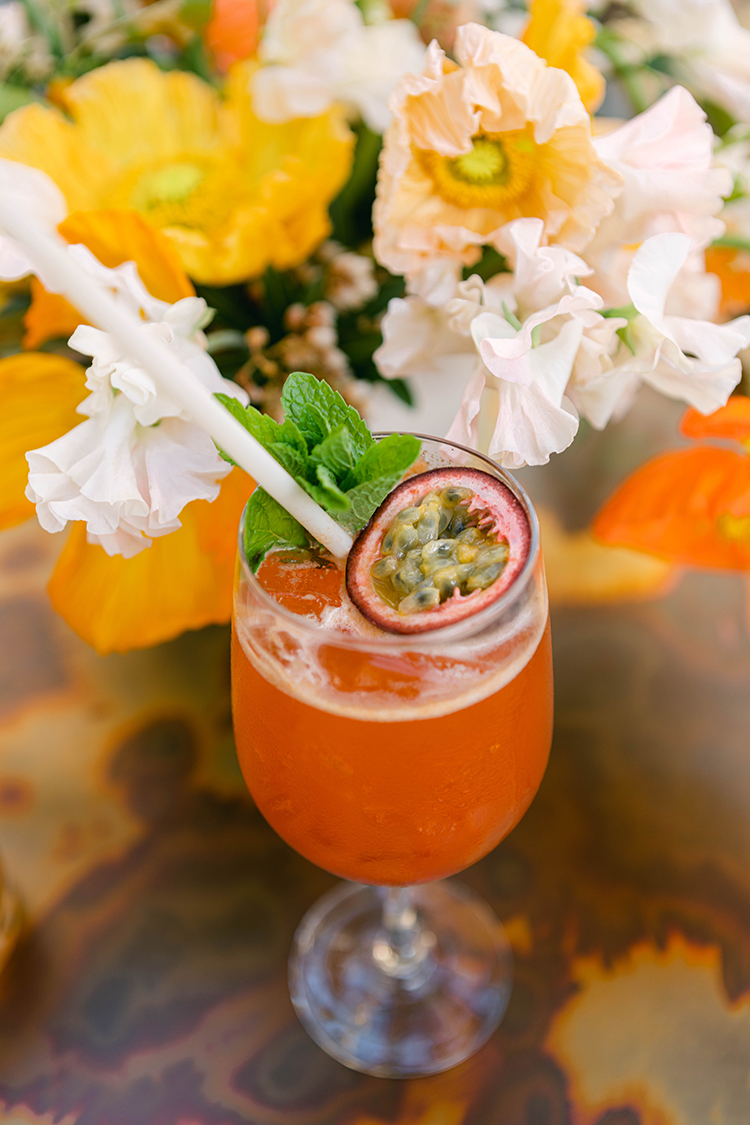
Photo by Jackie Culmer
Taking Root: Catering Chef Urban Gardens
Urban agriculture benefits the surrounding communities environmentally, economically and socially. It can reduce transportation costs, help reduce runoff associated with heavy rainfall and lead to better air quality. While many restaurant chefs have adopted this trend, several catering chefs have followed suit with gardens filled with produce, garnishes and even beehives.
And the gardens they install are done thoughtfully with an eye toward the future. For instance, at Proof of the Pudding in Atlanta, Chef Howard Garnel created a rooftop garden at one of the catering firm’s venues propagated from just a few starter plants. The garden is not only soil-free but irrigated through reclaimed water from the air conditioner runoff and collected rainwater. And the pump used to collect the water from the AC unit and deposit it into the collection bin is solar-powered.

Design, Lifestyle and Individuality: Beyond Trends
While colors, shapes and materials in dinnerware may cycle in and out of fashion, the integration of restaurant-quality design into catering marks a significant trend that elevates what we set the table with into an art form comparable to that of fine dining—a craft that embodies taste and sophistication.
Today, many caterers own and rent small batches of artisanal place settings. The rise of specialty rental services, alongside major rental companies expanding their china offerings to encompass diverse styles, empowers caterers and their design teams to innovate and inspire.
For instance, the catering team at 24 Carrots Catering & Events frequently collaborates with specialty rental firms to create bespoke dining experiences. Recently, the company curated a themed event inspired by the Greek Isles at one of their premier venues, the Skyline at Peninsula Village.
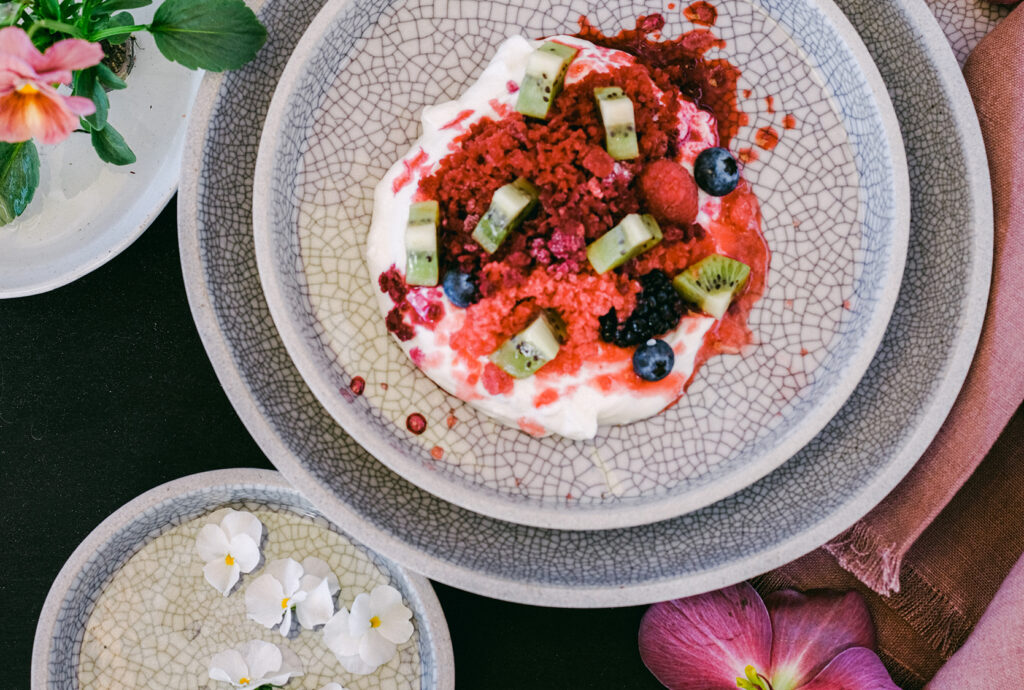
Bringing Social Media In-House: Streamlining Communication in Catering
In the dynamic environment of catering, where events involve numerous moving parts and temporary staff, effective communication is paramount. A trending solution among catering firms are platforms such as HubEngage, an employee communications and engagement app. This tool facilitates seamless information exchange through posts reminiscent of social media, fostering a culture where positive feedback is generated and amplified by both employees and management.
Catering companies such as Boston’s The Catered Affair and Phoenix’s M Culinary Concepts have successfully integrated this app. According to Kori Carter Gillespie, director of brand marketing at The Catered Affair, the platform has significantly improved internal communication and nurtured a vibrant workplace culture that encompasses everyone from the kitchen staff to event coordinators.
A Final Word on Trends
When it comes to trends and how much attention we give them, nearly every creator—from fashion designers and artists to marketers and business owners—emphasizes the importance of awareness. Understanding current trends helps us grasp what’s new, what’s already been explored, what works and what doesn’t. However, they also universally caution against letting trends dictate creativity.
“It may seem contradictory,” Stavros says, “but the goal of the ECEP Trends Council, through this and future trend reports, is to pinpoint meaningful shifts in style that have a lasting impact. Whether these trends are emerging for the first time or making a comeback, they are pivotal in entertainment—linking us to our past while paving the way to our future.”

ABOUT THE AUTHOR
Liese Gardner began her journey in the catering and event world as editor of Special Events magazine and director of education for The Special Event. Now owner of Liese Gardner Communications, she continues to write about the industry and connect event professionals with their ideal clients through Brand Therapy, her own style of marketing and legacy building.

